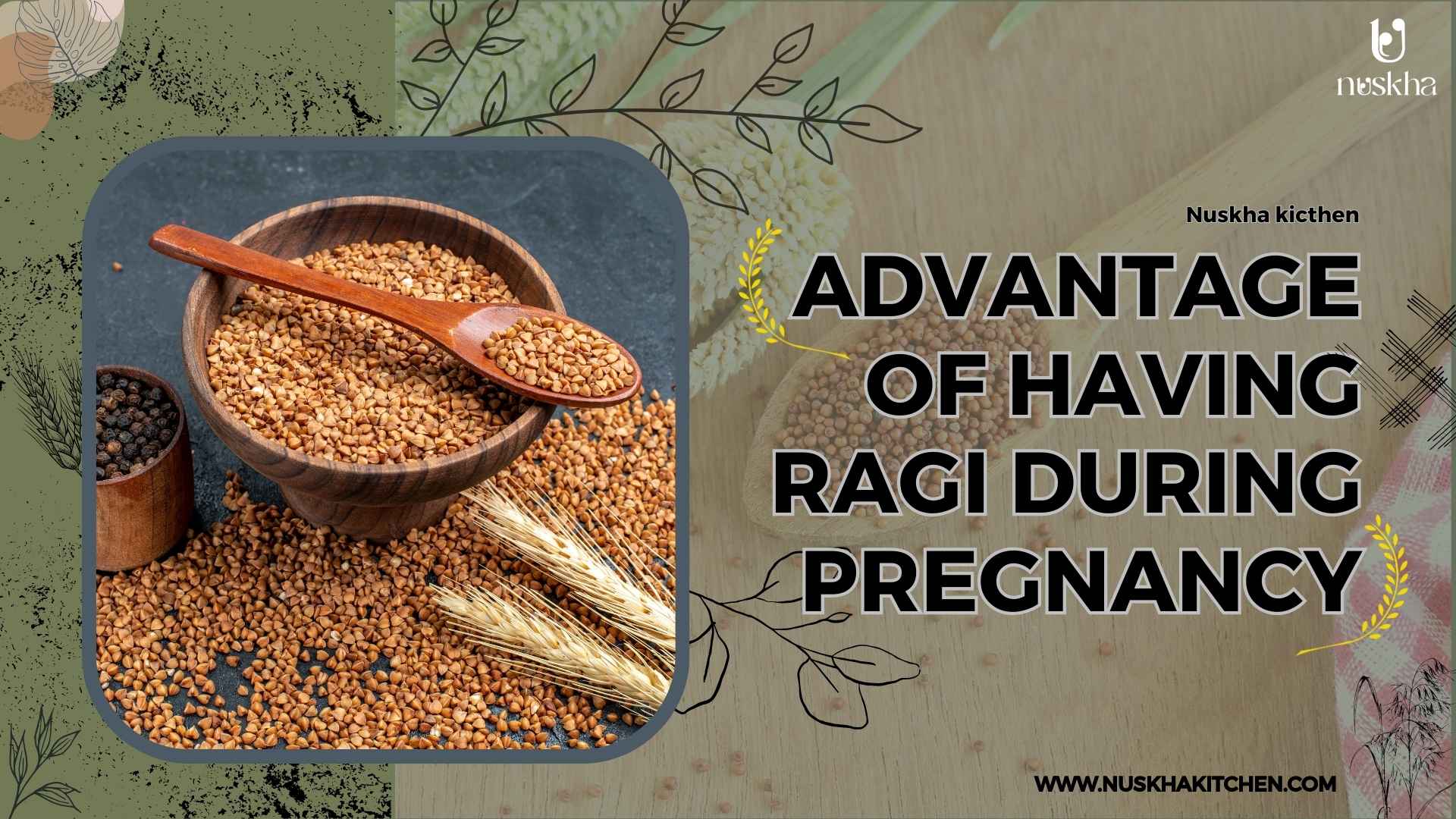
Ragi also known as finger millet, is a nutritious grain that can be beneficial during pregnancy. Here are some ways in which Ragi can be helpful:-
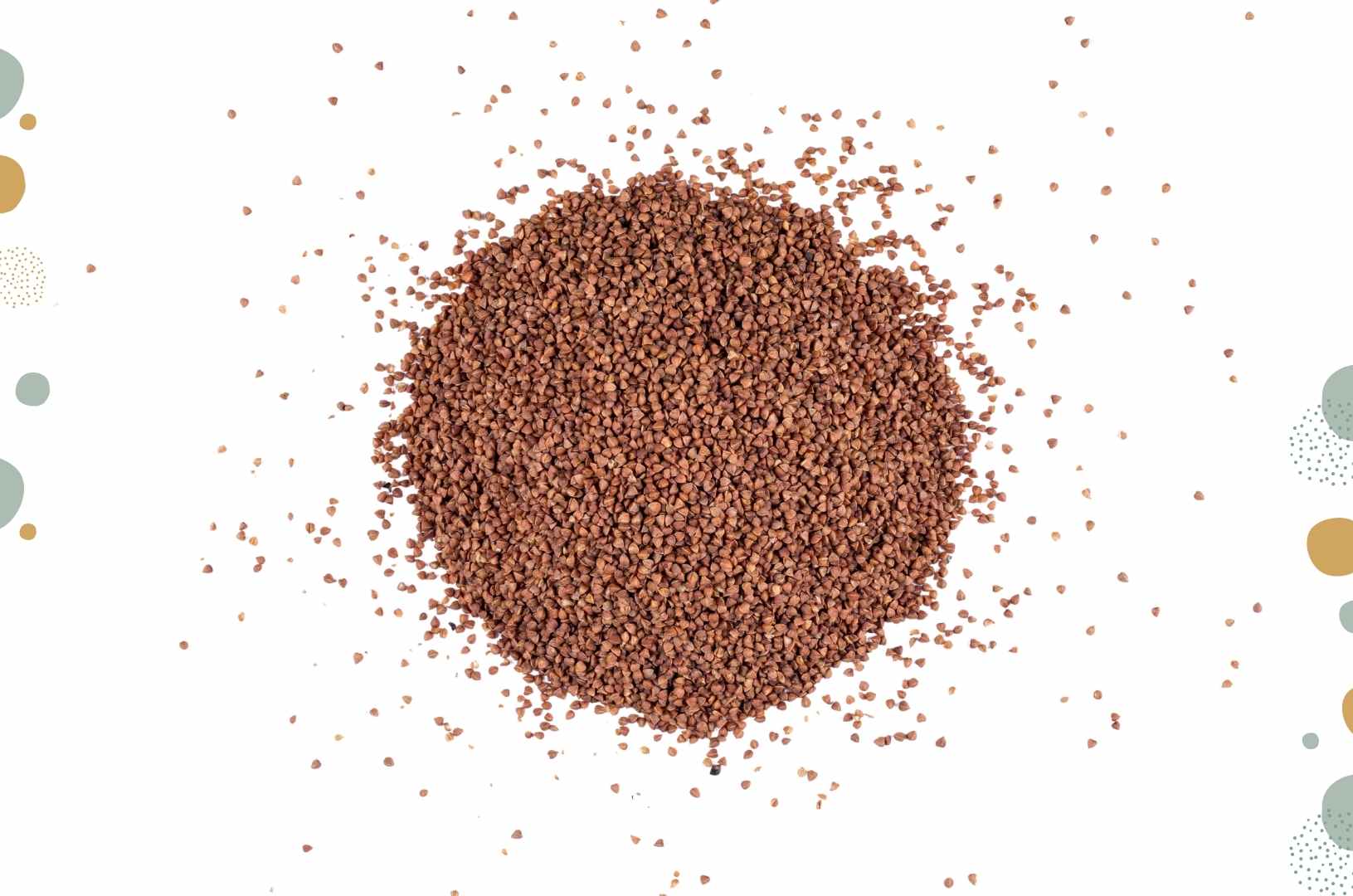
Ragi is a good source of essential nutrients like iron, and calcium. and folate. Iron is important for preventing anemia during pregnancy, while calcium aids in the development of your baby's bones and teeth. Folate is crucial for fetal growth and development, particularly in the early stages of pregnancy.
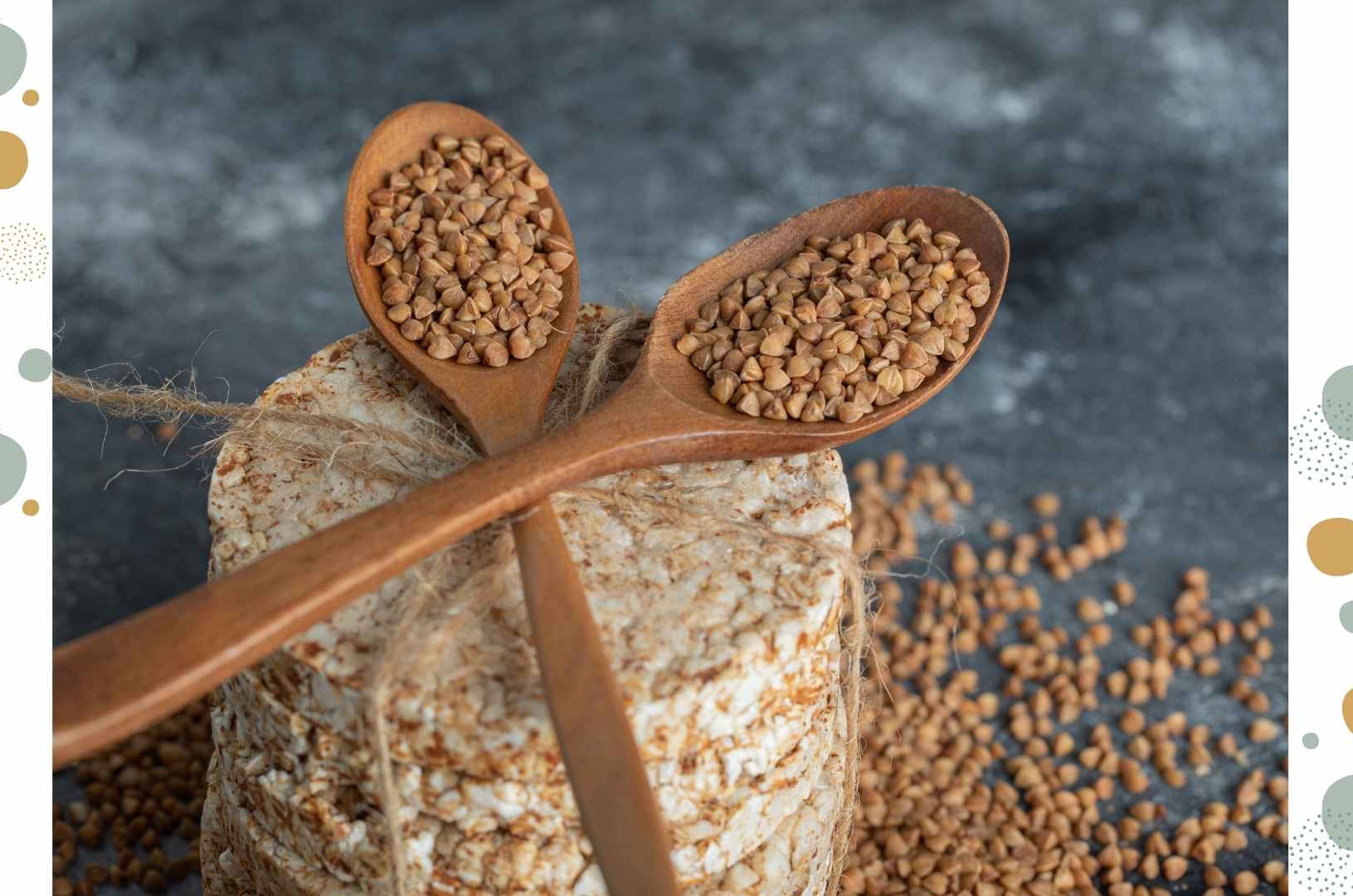
Ragi is high in dietary fiber, which can help regulate digestion and prevent constipation a common issue during pregnancy. It can also help manage gestational diabetes by slowing down the absorption of sugar in the bloodstream
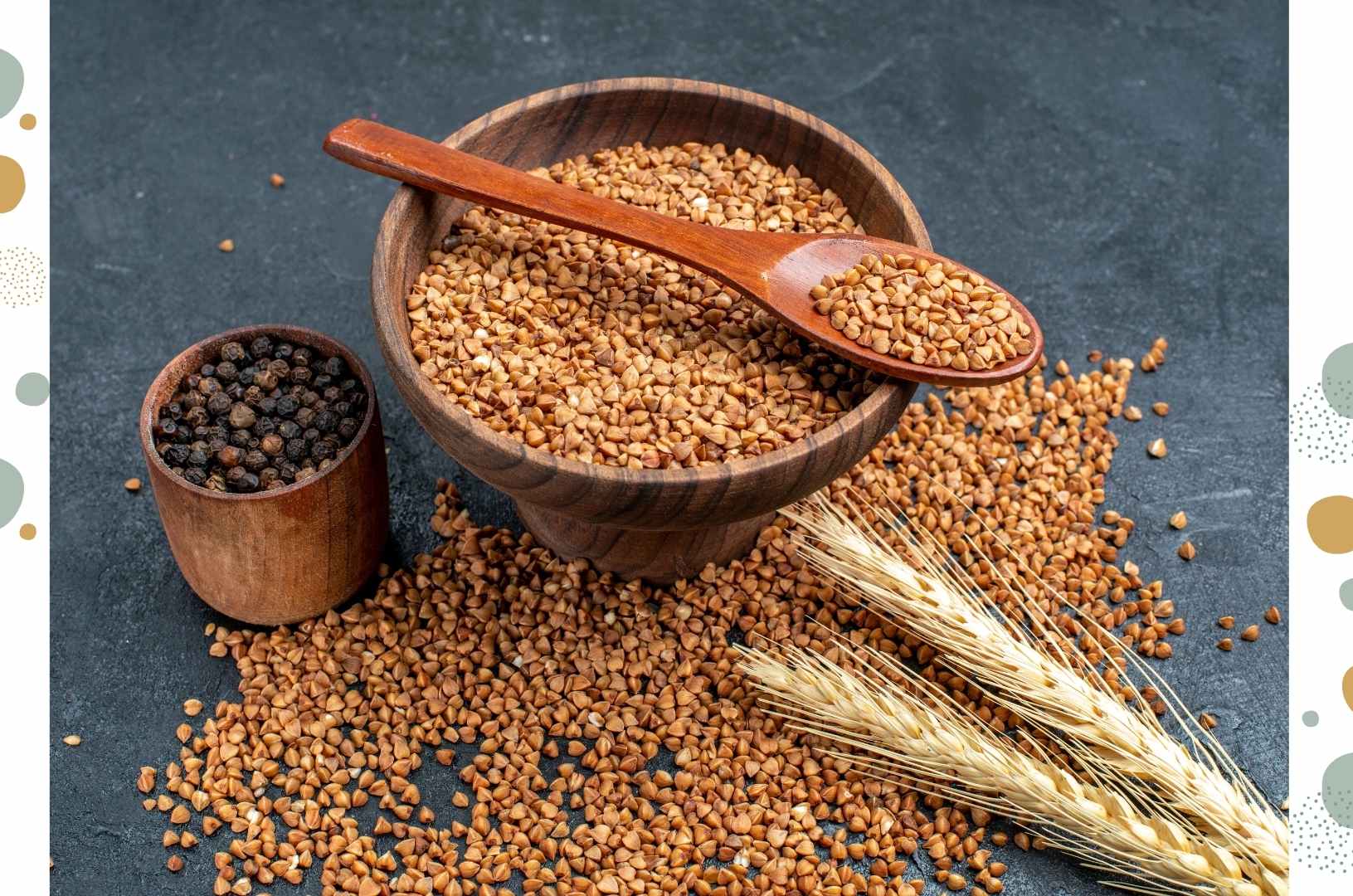
Ragi has a low glycemic index, which means it causes a slower and more gradual rise in blood sugar levels. This property can be beneficial for managing gestational diabetes and preventing spikes in blood sugar levels.
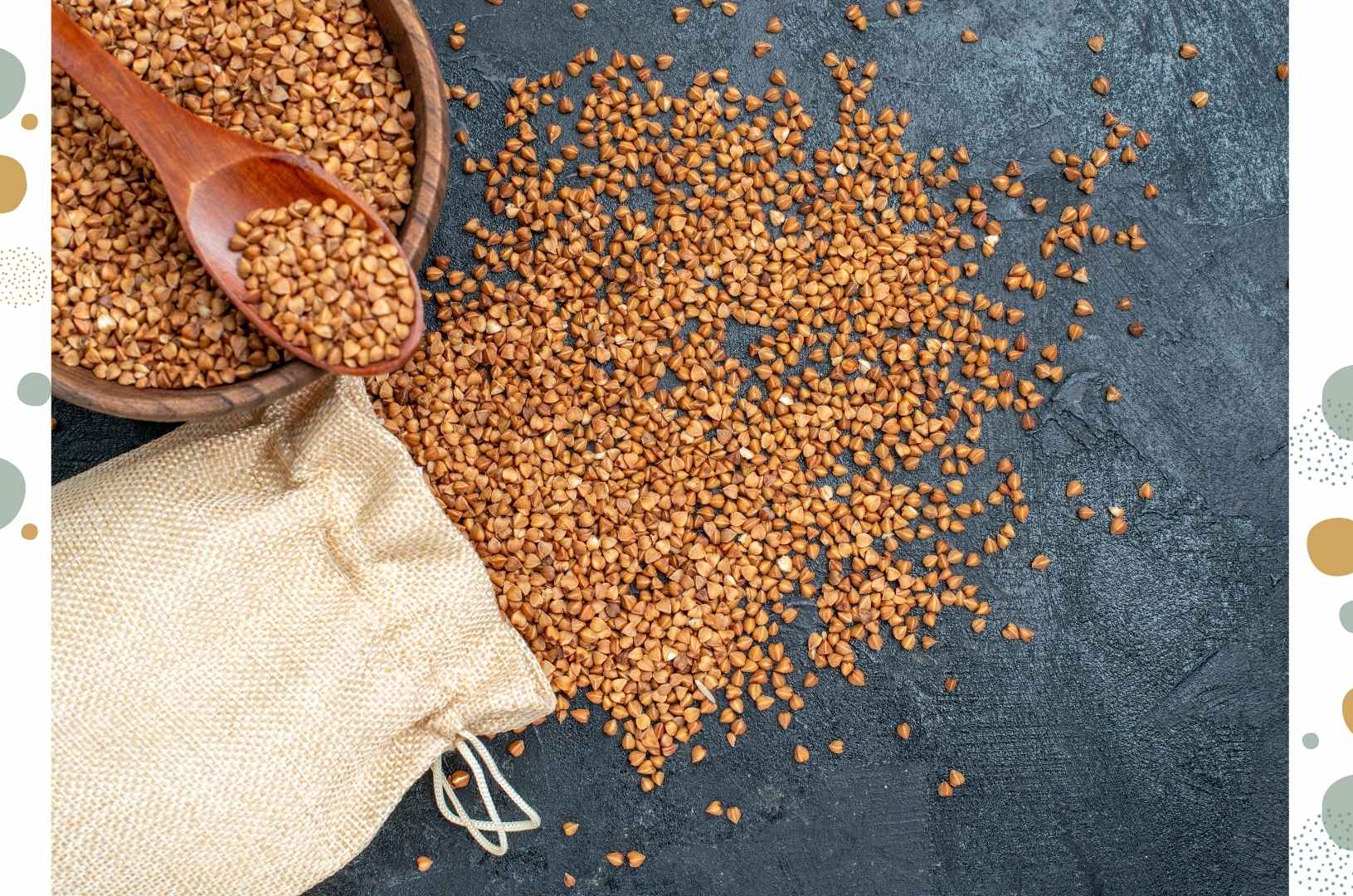
Ragi is relatively low in calories and high in fiber, which can help you feel fuller for longer and manage your weight during pregnancy.
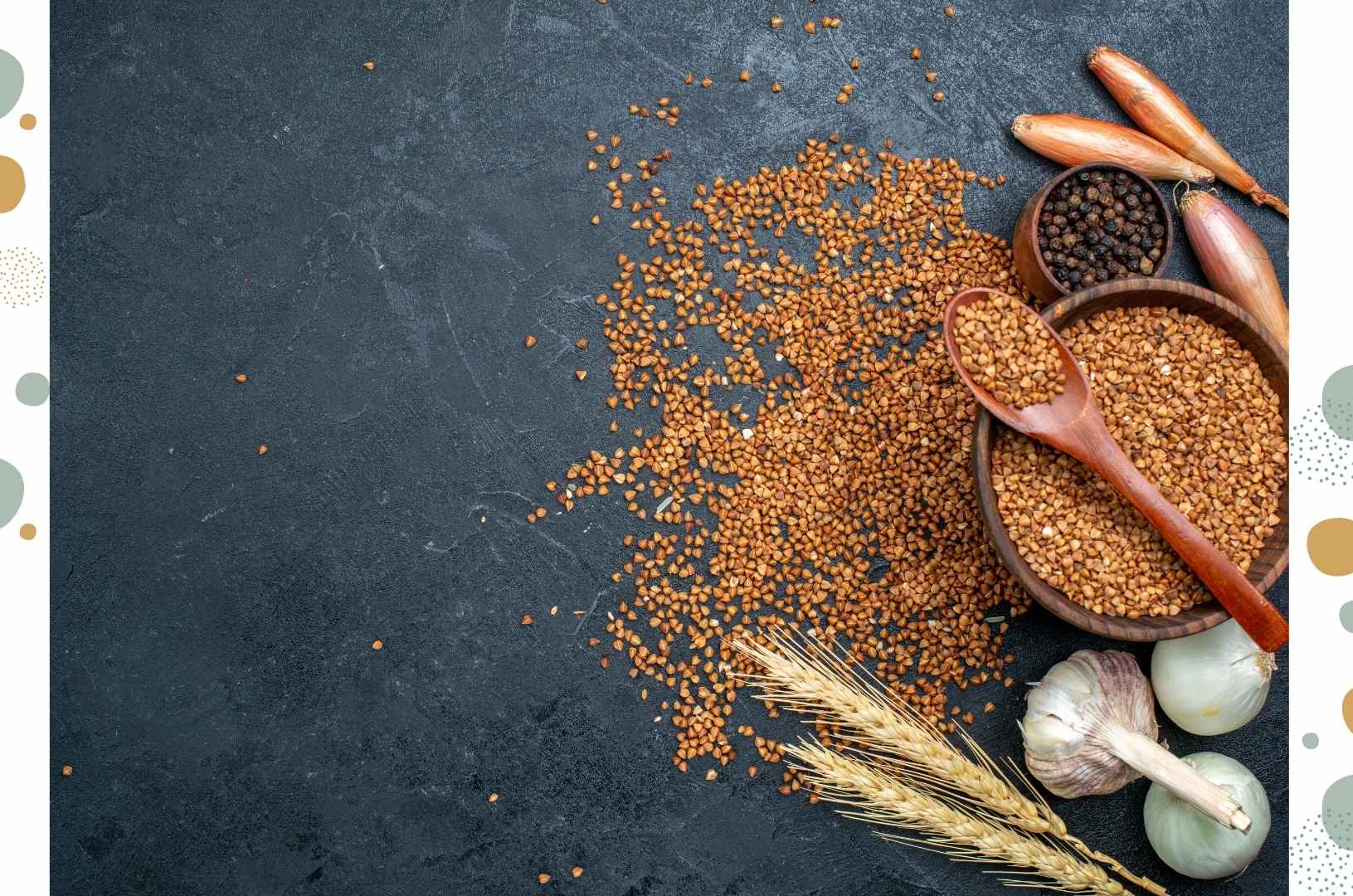
Pregnancy can be physically demanding, and ragi is a good source of complex carbohydrates that provide sustained energy. It can help combat fatigue and keep you energized throughout the day.
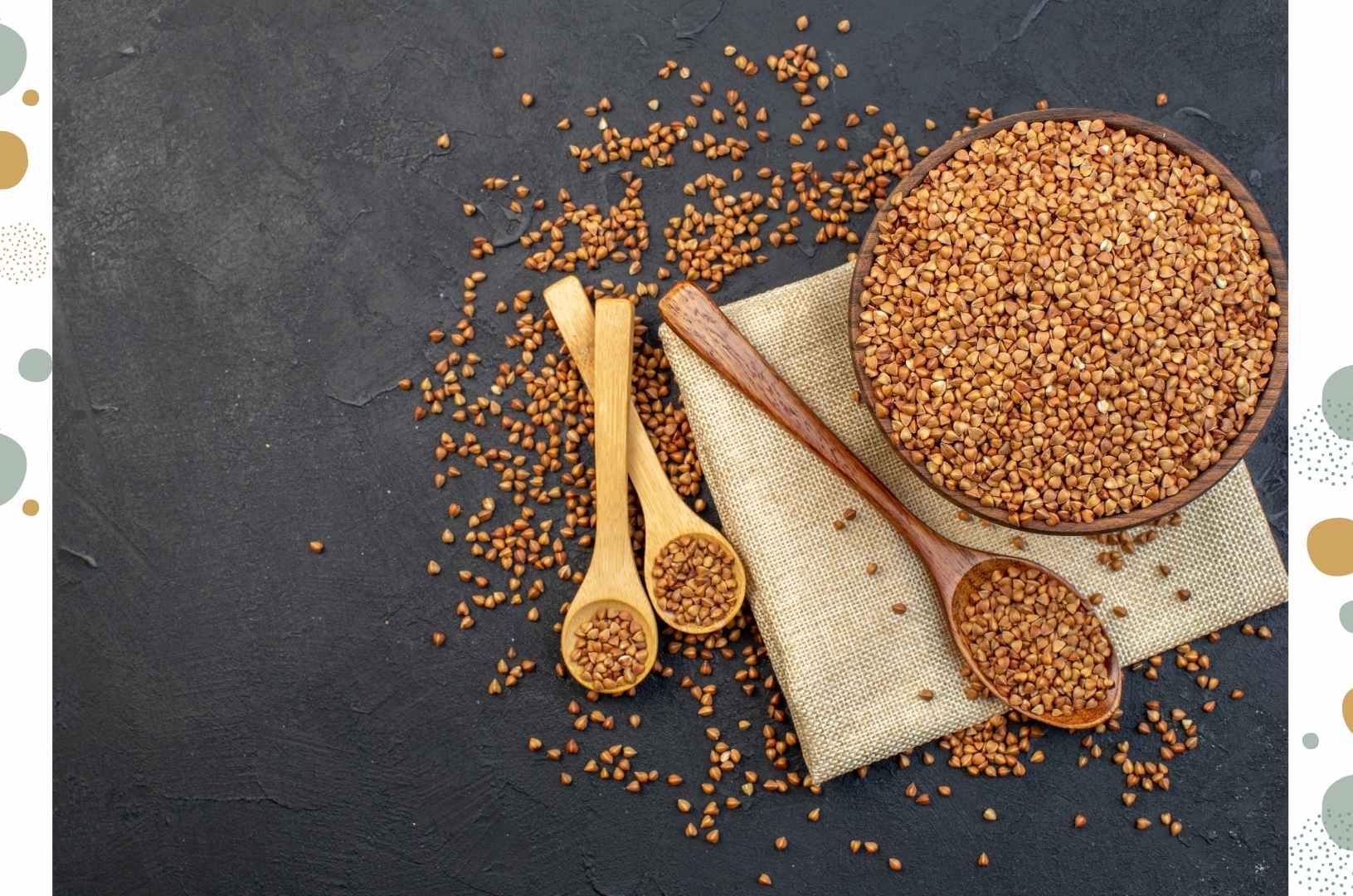
Ragi is believed to have galactagogue properties, which means it may promote milk production in breastfeeding mothers. Including ragi in your diet after delivery can potentially help with milk supply.
It's important to note that while ragi can be a nutritious addition to your pregnancy diet, it should not replace a well-balanced and varied diet. It's always a good idea to consult with your healthcare provider or a registered dietitian for personalized advice regarding your specific dietary needs during pregnancy.